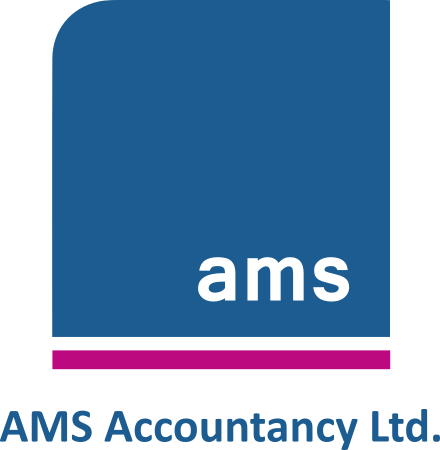R&D
What we do
We help our clients make R&D Tax Relief claims, resulting in lower Corporation Tax bills or repayable R&D tax credits.
This generally involves:
• Carrying out an initial discussion with you to identify if a claim is possible.
• Providing expert advice on what qualifies as an R&D project and on what you need to do to meet the qualifying criteria for tax purposes.
• Preparing a detailed technical document based on HMRC guidance, demonstrating the scientific or technological uncertainty addressed by the project.
• Reviewing qualifying development expenditure and advising on what costs will be eligible to be included in the claim.
• Recording the claim and support documents on the company corporation tax return.
• Offering HMRC enquiry support to manage any queries or compliance checks efficiently.
Unlike many niche R&D businesses, we do not seek to claim a percentage of any R&D tax relief but simply invoice on a time cost or agreed fee basis, ensuring transparency and value for our clients.
What is R&D?
R&D (Research & Development) is the process of gaining new knowledge in an area of science and technology, and then creating, developing, and implementing new or improved products, processes, or services subject to certain conditions.
For many innovative businesses, undertaking R&D is essential to gain a competitive advantage over other companies in their industry – which in turn benefits the UK economy. However, R&D often involves significant financial risk because it requires time, effort, and investment with no guaranteed success.
To encourage UK businesses to invest in R&D, the government introduced two types of R&D tax relief as innovation incentives. These schemes help reduce the financial burden of development expenditure and reward companies for their contributions to scientific and technological advancement.
https://www.gov.uk/guidance/corporation-tax-research-and-development-rd-relief
R&D tax relief for Small and Medium Enterprises (SMEs)
The R&D relief for SMEs is currently 186%. This means that for every £1 of qualifying development expenditure your company makes, it receives an additional 86p of tax relief. So, every £1 of R&D spent yields a deduction of £1.86 against taxable profits (potentially saving Corporation Tax at 19%, 25%, or 26.5%).
Additionally, loss-making companies with no Corporation Tax to pay can claim repayable tax credits calculated at 10% of the R&D claim, providing valuable cash flow support.
R&D Expenditure Credit (RDEC) for Large companies
Large companies can claim RDECs for working on R&D projects. The RDEC is a tax credit of 20% of your qualifying R&D expenditure – but this tax credit is itself subject to Corporation Tax.
RDECs can also be claimed by SMEs and large companies subcontracted to do R&D work by a large company.
What rules need to apply for an R&D project to qualify for one of the R&D schemes?
-
There must be a project focused on resolving a scientific or technological uncertainty;
-
There must be an intention to achieve an advance in science or technology;
-
The project must relate to the company’s trade – either an existing one or one it intends to start based on the results of the R&D;
-
The company has to explain how its project sought to overcome the technological uncertainty around the advance it wants to achieve;
-
The issue must be one that cannot be easily overcome by a professional working in that field;
-
The process, product or service can still be an advance if developed by another company but isn’t publicly known or available. For instance, many companies currently working on electric or driverless cars will each be claiming R&D tax relief;
-
The project can research or develop a new process, product or service, or appreciably improve an existing one.
What expenses count as qualifying development expenditure in an R&D claim
-
Staff costs
-
Software
-
Consumable or transformable items
-
Contracted-out R&D costs (generally only in the UK) (65%)
-
Externally provided workers (65%)
-
There are also R&D allowances which allow for full relief for qualifying capital expenditure.
Time limit for making an R&D claim
Generally, the rule is that one must make an R&D claim within two years from the end of the relevant accounting period. However, a company must inform HMRC of its intention to make its first claim (or first for three years) within six months of the end of an accounting period.
Why choose us?
Our expert team has a strong reputation for supporting innovative businesses with their R&D tax relief claims. We provide clear guidance, ensure compliance with HMRC requirements, and help you maximise the value and benefit of your claim.
Get in touch today for a free consultation.
We are very happy to meet you to discuss your business or even your idea for a business. We will advise you on the most tax efficient structure if you are setting up and we can review your business if you are already trading.
